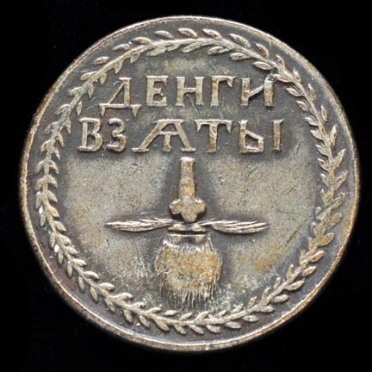Emperor Peter I of Russia instituted a beard tax on this day in 1698 as part of an effort to bring Russian society in line with Western European models. To enforce the ban on beards, the tsar empowered police to forcibly and publicly shave those who refused to pay the tax. Resistance to going clean-shaven was widespread with many believing it was a religious requirement for a man to wear a beard, and the Russian Orthodox Church declared being clean-shaven as blasphemous. The tax levied depended upon the status of the bearded man: those associated with the Imperial Court, military, or government were charged 60 rubles annually; wealthy merchants were charged 100 rubles while other merchants and townsfolk were charged 60 rubles; Muscovites were charged 30 rubles, and peasants were charged two half-kopeks every time they entered a city.
The tax raised an average of 3,588 roubles annually over the first four years beard tokens were available (1705–1708). However, from a financial standpoint, the tax was unsuccessful due to the relatively low number of people unwilling to shave their beards and an overestimation of the ability of the Russian state to administer and collect the tax. In 1772, the tax was formally repealed by Catherine the Great.
-Wikipedia
Photo Caption- A Russian beard token from 1705, carried to indicate that the owner had paid the beard tax imposed by Peter the Great – Wikipedia


